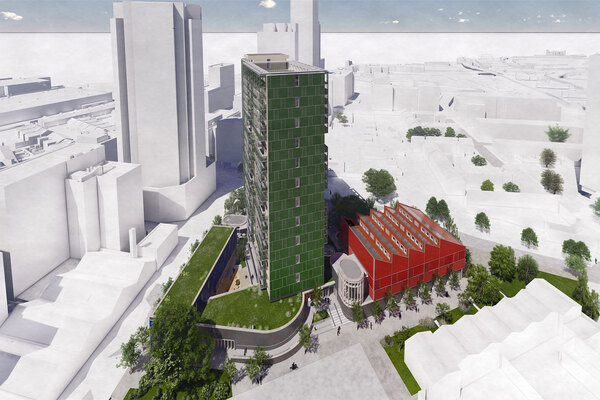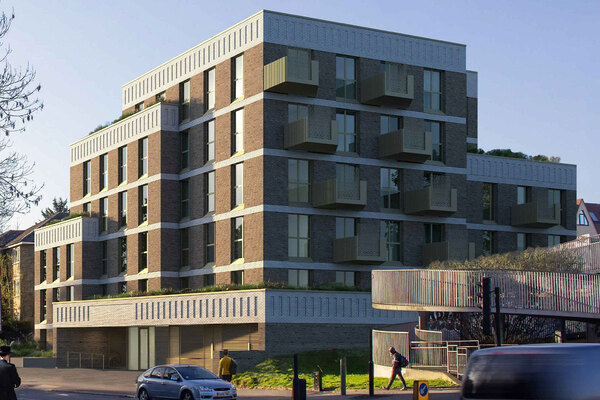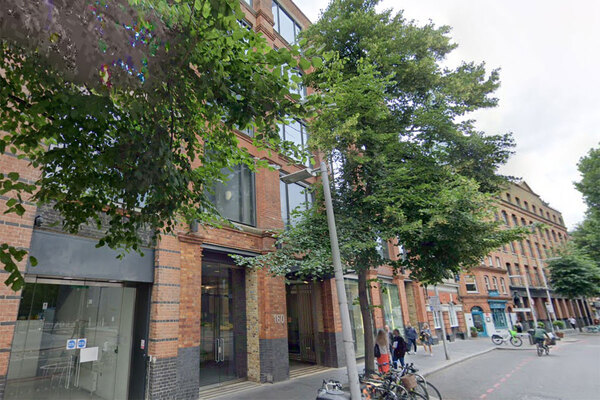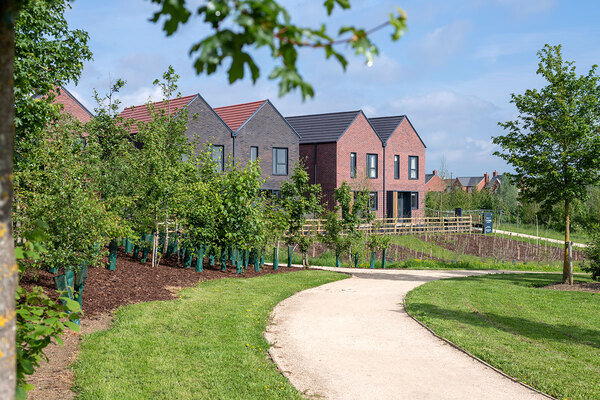You are viewing 1 of your 1 free articles
Council built just 243 new affordable homes despite debt-fuelled property investment push
A local authority delivered just 243 new build affordable homes amid a property investment programme which has seen it rack up nearly £2bn in debt.
Woking Borough Council’s housing strategy document for 2021 to 2026 shows that “only 57 new build affordable homes have been delivered” in 2019-20 at a time when the council took its borrowing for property investment to £1.8bn.
The council was asked by Inside Housing why it did not invest more in affordable homes over the period it ran up the debt, and how servicing the debt will affect its ability to build more affordable homes.
Woking clarified that the figures in the housing strategy were correct at the time of publication in July 2021, but since then a total of 239 affordable homes were delivered to the end November 2022.
Another four affordable homes have been completed since then, taking the total to 243.
The council shared its ‘financial and performance monitoring information’ document from November last year. It shows that dozens of loans have been taken out since 2019-20, and that at least a similar amount of loans were taken out as far back as 2004.
In addition, the council’s budget papers show that it is only bringing in £38.5m, a figure expected to rise to £43.3m next year.
Woking told The Guardian last month that it was “in the territory” of being unable to meet its financial obligations, amid a surge in debt interest costs on its investments. These include a shopping centre, residential high rises and a 23-storey hotel.
The council’s strategy document also highlights a number of challenges that stand in the way of it being able to deliver new affordable homes.
It states: “When combined with relets of existing stock, there are typically only 100 affordable homes being let each year to applicants on the housing register. These figures clearly demonstrate the stark shortage of affordable homes and the resulting long waiting times faced by applicants.
“One of the key difficulties facing development in Woking is the shortage of developable land. Woking is a relatively small borough, with 60% of land being designated as green belt.
“The proximity of Woking to London, and its other excellent transport connections, mean that developers are attracted to Woking and there is also competition over land use between commercial and residential development.
“Much of Woking’s recent development is concentrated in the town centre to promote economic growth and to protect the green belt.
“However, such sites attract high land values which in turn reduces the viability of affordable housing within the schemes.”
The council’s housing strategy for 2021 to 2026 commits it to building on average 102 homes per year.
A Woking Borough Council spokesperson said: “Since 2019, 243 affordable homes have been delivered through new builds, conversions and acquisitions, of which 138 homes have been delivered directly by Woking Borough Council.
“We remain committed to providing more affordable homes and estate regeneration, working in partnership with housing associations, private developers and other investors.”
Sign up for our Council Focus newsletter
Already have an account? Click here to manage your newsletters












